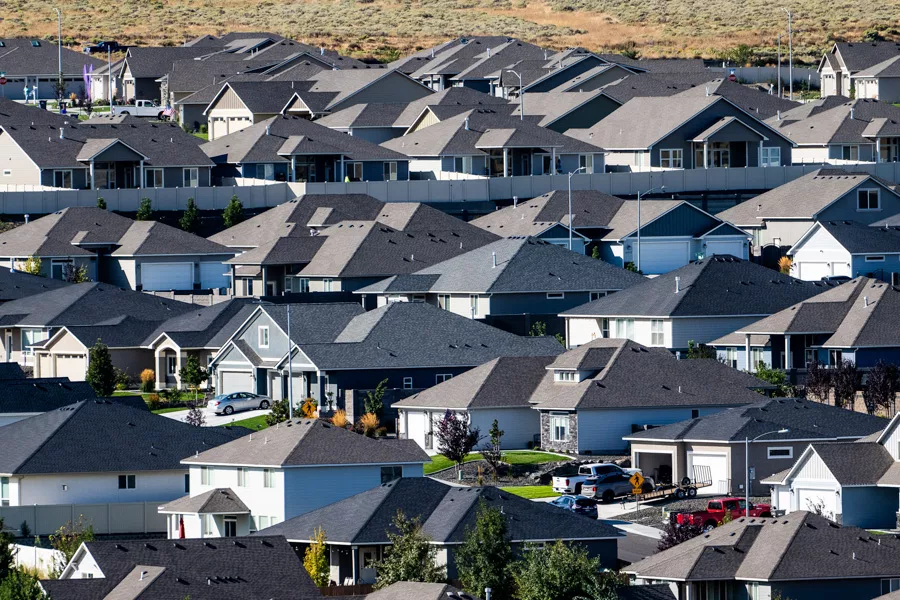
Home » Tri-City home prices, listings up to start 2025
Tri-City home prices, listings up to start 2025

February 19, 2025
The Tri-Cities housing market is continuing its upward trajectory, despite pressures such as high interest rates and inflation.
The average sale price in January was $476,700 while the median was $426,000, both tens of thousands of dollars above where they were last month and in January 2024, according to data released by the Tri-City Association of Realtors.
The number of active listings was 718, down from the 782 homes on the market in December but above the 673 that were listed in January last year.
Just under 200 homes were sold in January, fewer than the 246 sold in December but the same number sold in January 2024.
Mortgage rates have hovered around 7% in recent weeks. But according to data from the Mortgage Bankers Association (MBA), mortgage credit became more available in January.
“Credit availability increased to start 2025, driven by conventional credit supply rising to its highest level since June 2022,” said Joel Kan, MBA’s vice president and deputy chief economist, in a release. “There were expanded loan offerings for cash-out refinances, along with more jumbo and non-QM loan programs. Although similar to last month, these were limited to borrowers with better credit. All other subindexes saw increases in January, a positive development for the spring homebuying season, if these trends continue.”
The MBA has more recently noted that mortgage applications have declined in February, though they may increase as more homes go on the market.
The Tri-Cities region saw 72 permits for single-family homes issued in January, just one less than the year prior and far more than in January 2023 but still far off highs in 2021 and 2020, according to data from the Home Builders Association of Tri-Cities.
However, national homebuilder sentiment is starting out the year low, according to the National Association of Homebuilders (NAHB).
“While builders hold out hope for pro-development policies, particularly for regulatory reform, policy uncertainty and cost factors created a reset for 2025 expectations in the most recent (Housing Market Index),” said NAHB Chairman Carl Harris, a custom homebuilder from Wichita, Kansas, in a release. “Uncertainty on the tariff front helped push builders’ expectations for future sales volume down to the lowest level since December 2023.”
Latest News Real Estate & Construction
KEYWORDS February 2025
Related Articles
Related Products





